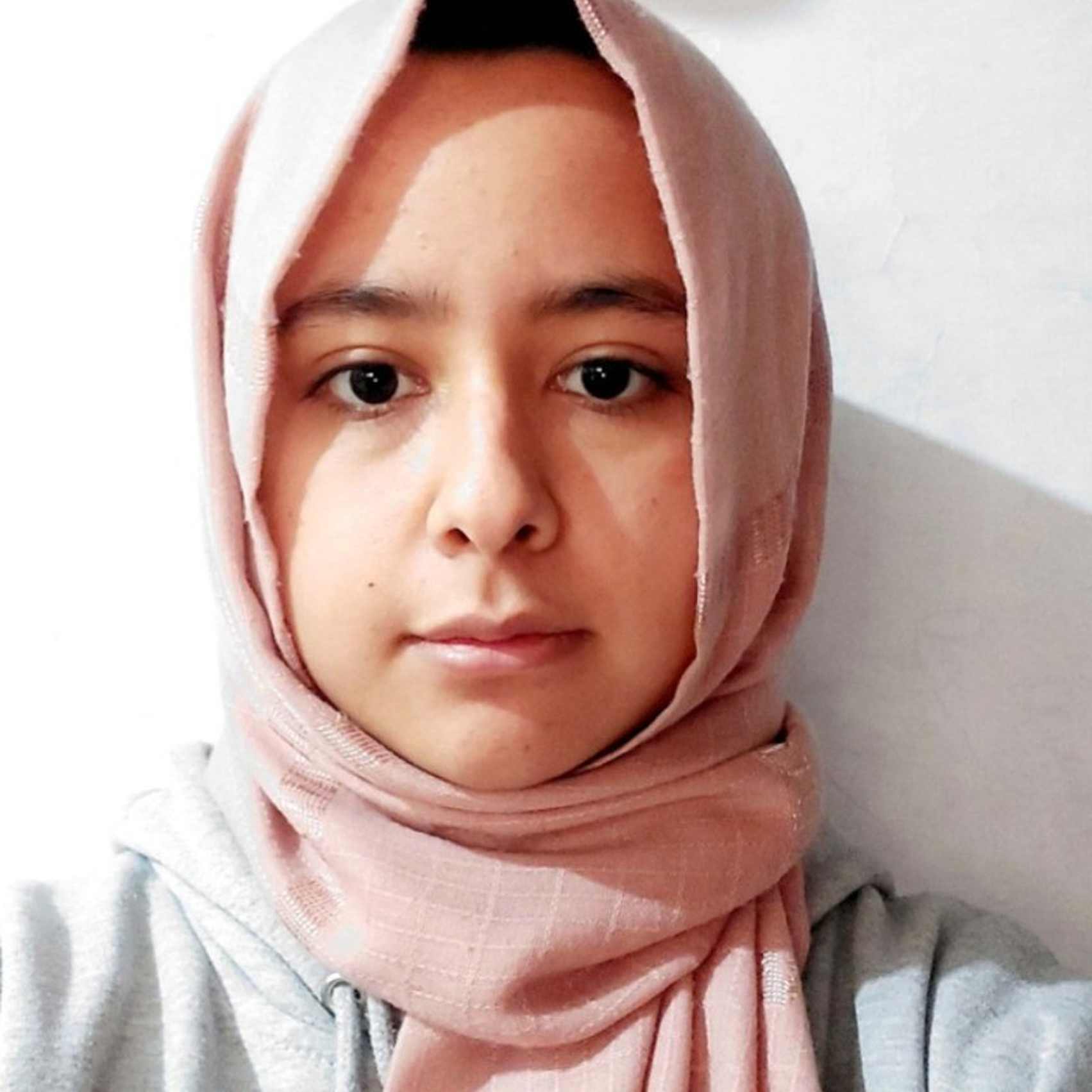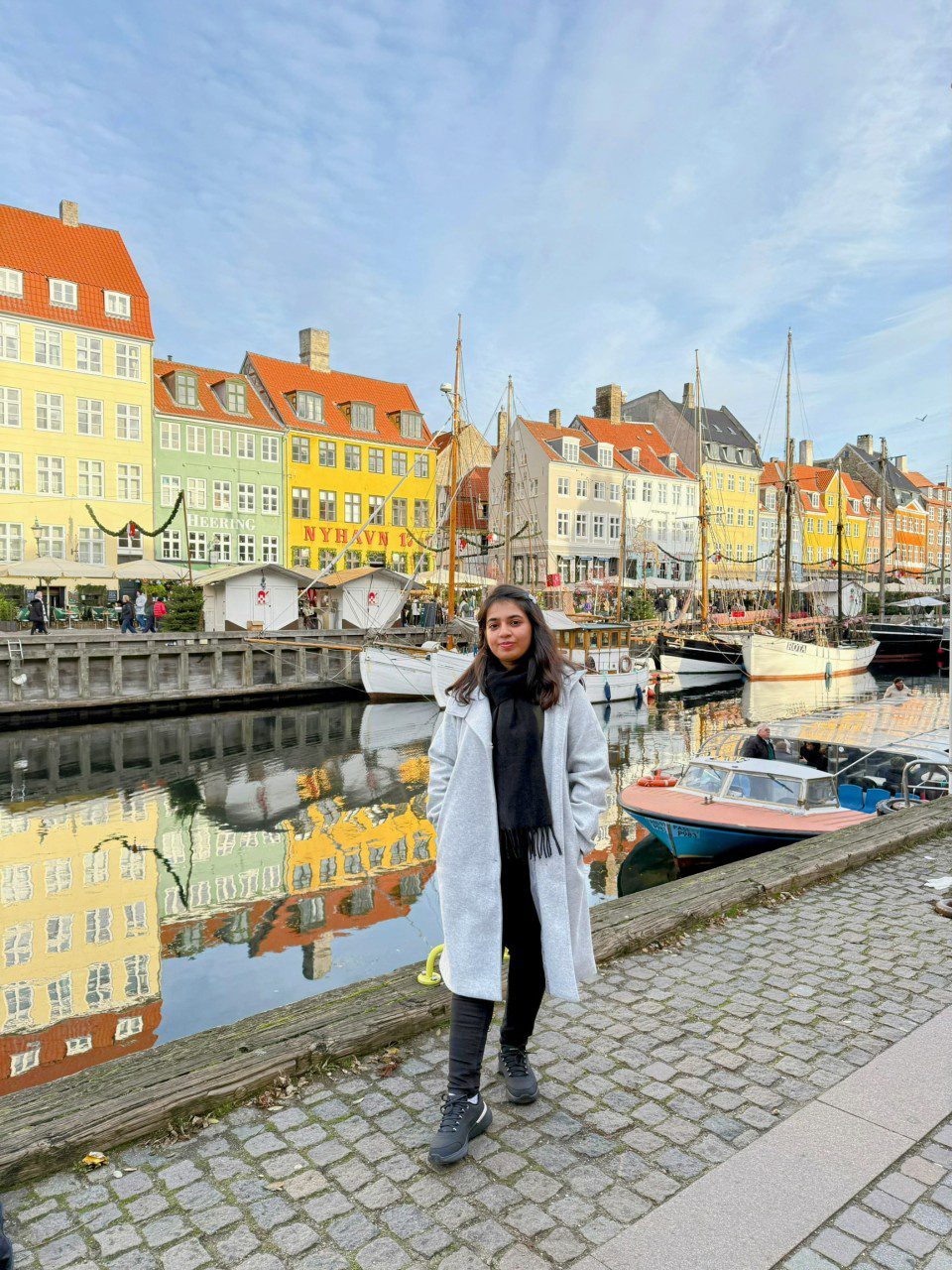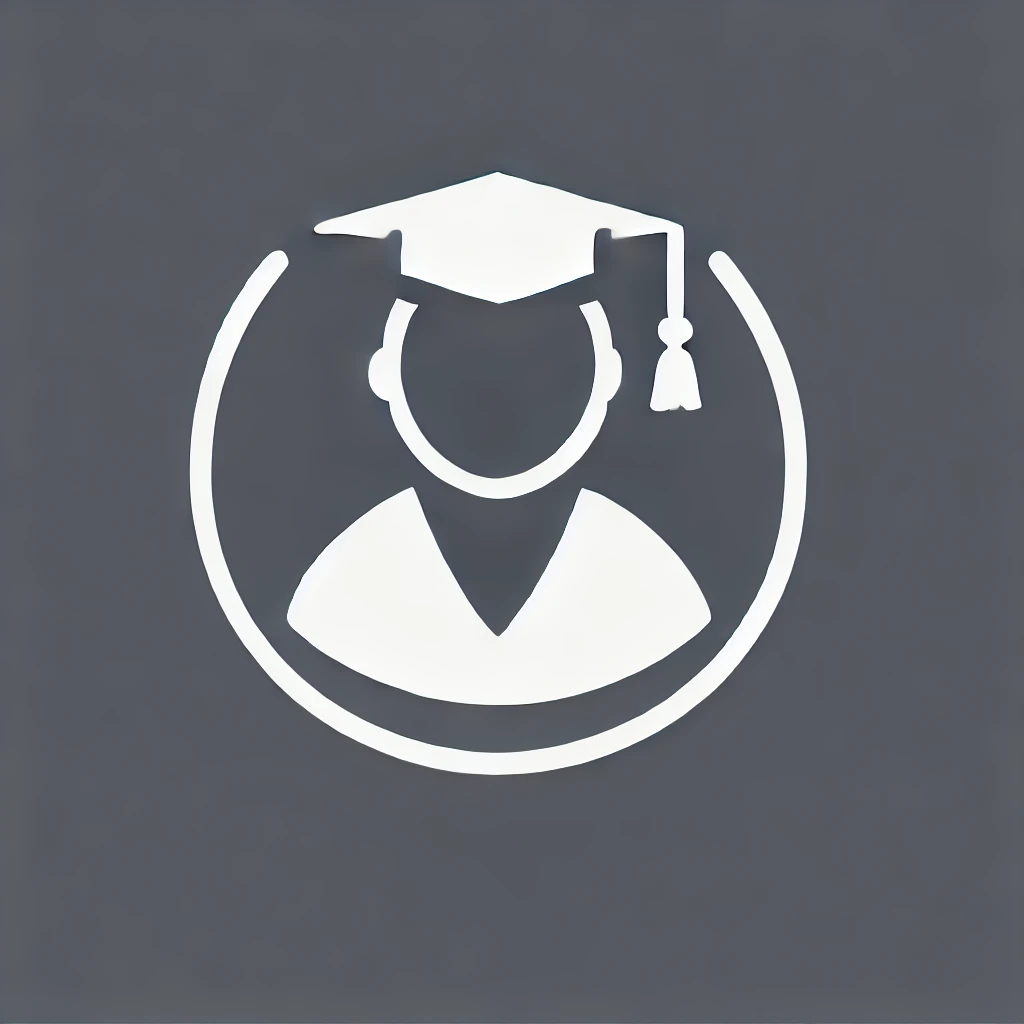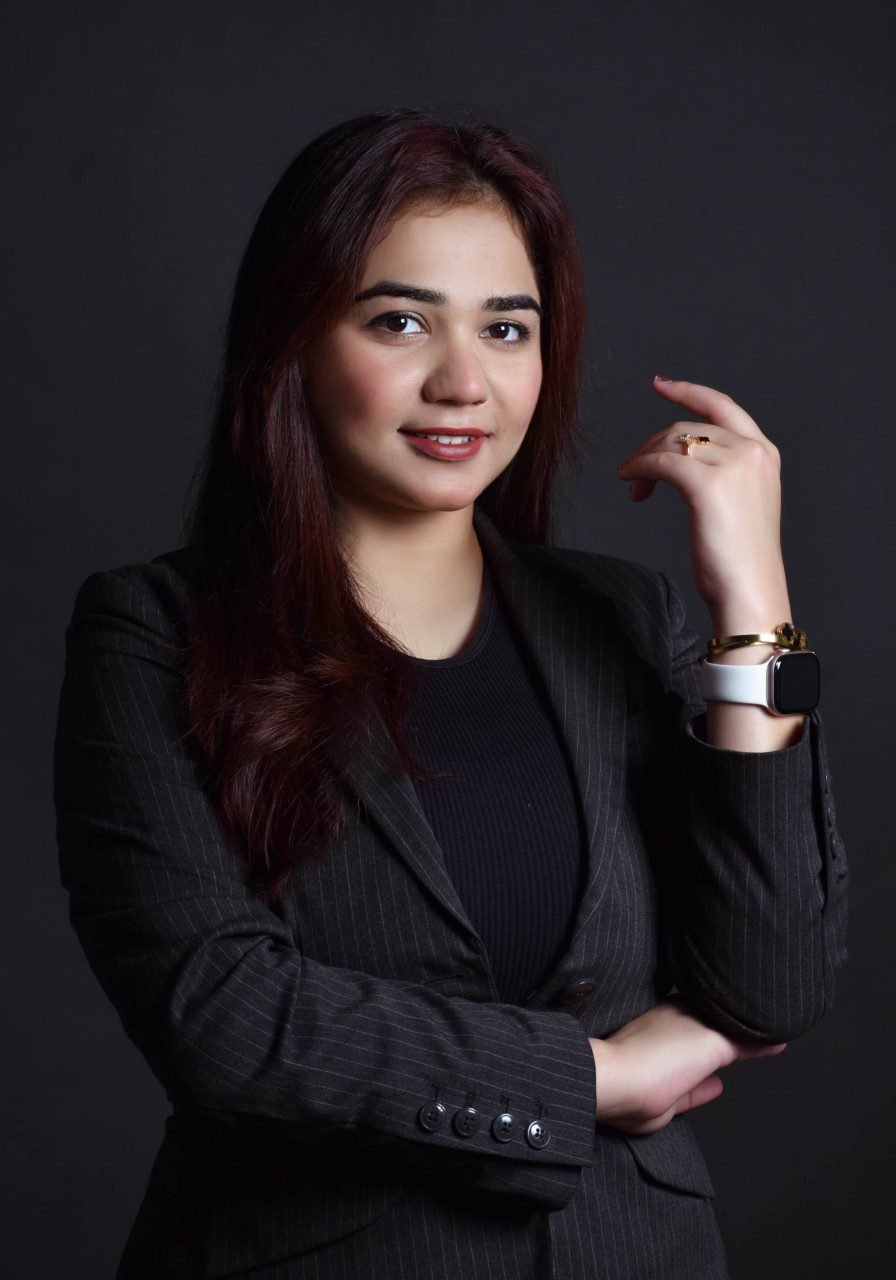Pakistani Student Awarded the Fully Funded Erasmus Mundus Scholarship to Study Neuroscience in the Netherlands and Portugal"
University: Vrije Universiteit Amsterdam, University of Coimbra
Degree: Erasmus Mundus Master’s in Neuroscience (Neurasmus)
Previous Education: Bachelor’s in Applied Biosciences, National University of Sciences and Technology (NUST), Pakistan
Scholarship: Erasmus Mundus Joint Master’s Scholarship – Fully Funded

The Journey
Hi! I’m Dua from Pakistan. I have a Bachelor’s degree in Applied Biosciences, and I’m currently pursuing an Erasmus Mundus Master’s in Neuroscience, a two-year program. At the moment, I’m based in the Netherlands and will be moving to Portugal in August.
Educational Background
I completed my Bachelor’s degree from the National University of Sciences and Technology (NUST) in Pakistan. This degree is multidisciplinary, and it covers the basics of a broad range of fields within biology. This is especially good because people holding this degree have a wider choice of majors afterwards.
My stream of electives was mainly centred around molecular biology and human health and disease. Similarly, I did my thesis on leukaemia, which also allowed me to gain experience in cell culturing and related techniques. This helped with my applications since the core of lab skills in biology are translatable to multiple different specializations.
How Did You Prepare to Apply for the Erasmus Mundus Scholarship?
My primary goal was to secure an Erasmus Mundus Scholarship. I also considered applying for the Women in STEM Scholarship by the British Council, but I was accepted into Neurasmus before needing to apply.
In preparation, I took the IELTS exam, created a Europass CV, and arranged reference letters (or at least confirmed in advance that my professors were willing to write them). I also started my application early, which I strongly recommend. Even if you don’t have everything ready, beginning the application process early helps you understand all the required documents and gives you time to make necessary arrangements.
Looking back, I think two aspects of my application stood out: my motivation letter and my letters of recommendation. While my undergraduate degree included relevant courses like molecular biology, human biology, and pathology, it didn’t have a dedicated neuroscience course. However, I found ways to incorporate neuroscience into my studies through projects, presentations, and internships. I highlighted this in my motivation letter, which I believe helped my application.
Additionally, I ensured that at least one of my recommendation letters came from a professor for whom I had done a neuroscience-related project, something she mentioned in her letter, which may have added weight to my application.
Could You Briefly Discuss the Erasmus Mundus Program You Pursued and the Specific Field of Study It Focused On?
My program is Neurasmus, an Erasmus Mundus Master’s in Neuroscience. This program allows a great degree of flexibility in terms of what field of neuroscience you wish to pursue. It also provides an excellent blend of coursework and research. I have friends who like clinical neurosciences more, whereas I personally am more interested in molecular and cellular work.
As part of this program, there are several tracks, each offering a different combination of participating institutions. My track started at Vrije University in the Netherlands, where the coursework focused on building a common foundation in the fundamentals of neuroscience. After that, we were given the opportunity to conduct five months of research at an institute of our choice.
For year two, I have chosen to go to the University of Coimbra in Portugal, where I will do a full year of research. However, depending on the country, the option to have year two split between courses and lab work also exists.
How Did the Cost of Living Vary Across the Countries You Studied In? Which Country Was the Most Affordable or Expensive, and How Did You Manage Financially?
I’ve been living in Amsterdam since the start of the program, which is one of the more expensive cities among those participating in Neurasmus. That said, the Erasmus Mundus stipend has been more than enough to comfortably cover my living expenses. Next year, I’ll be moving to Coimbra, where the cost of living is significantly lower.
Did You Face Any Language Barriers, and if So, How Did You Overcome Them? Did the Language of Instruction Change From One Country to Another?
In Amsterdam, almost everyone speaks fluent English, so communication hasn’t been an issue at all. However, based on what I’ve heard from Neurasmus students who spent their first year in Coimbra, it’s helpful to learn some basic Portuguese before moving there.
As for instruction, all programs use English as the medium of teaching. Lectures, slides, assignments, and exams are all conducted in English.
Would You Recommend the Erasmus Mundus Program to Others? What Advice Would You Give to Someone Considering This Scholarship?
I would heavily recommend students who are ambitious about research to apply! It is an amazing opportunity, both academically and personally. My advice would be to apply to a program that genuinely excites you. Erasmus Mundus awards scholarships to a wide range of applicants—from recent graduates to those transitioning from industry or taking it as a second master's.
The point is to know your “why,” i.e., Why am I applying here? What is my overarching goal? Once you have that, know how the program allows you to pursue your goal, including the institutions that are part of it, the courses they teach, and the opportunities that they give you. Then, clearly communicate this alignment in your application.
Looking Back, Would You Have Done Anything Differently During Your Time in the Program?
Given the seven months that I have been here, I think I’ll add some advice:
- Learn to budget early on! A lot of us come from families where budgeting for one is not exactly a concept. Your stipend will cover everything, and you will be perfectly comfortable, but it is very useful to allocate money to specific things and keep a clean track of your finances. This can also allow you to set aside some money for things that you want to do, e.g., travelling or even saving.
- If your new major wasn’t a strong focus during your undergraduate studies, learn to balance your time and energy while studying. For some things, you will need to start from scratch; for others, you will build on pre-existing concepts. Understand where you need to allocate more time, figure out what is expected of you by using resources like sample exams, and make sure you leave sufficient time to recharge!
Want to submit your
scholarship journey?
Submit Your Story Here!
More Scholarship Recipients

I am Sabeen Imran, coming from Pakistan, where I did my Bachelor's in Environmental Sciences from the University of Veterina .... Read more

My name is Ivena Nathania Victor; you can call me Ivena. I have a Master’s of Science and Master’s of Arts degree in Cli .... Read more

My name is Aisha Lareb, and I am from Sindh, Pakistan. Growing up, I witnessed the challenges faced by women in my community .... Read more

Leave A Comment